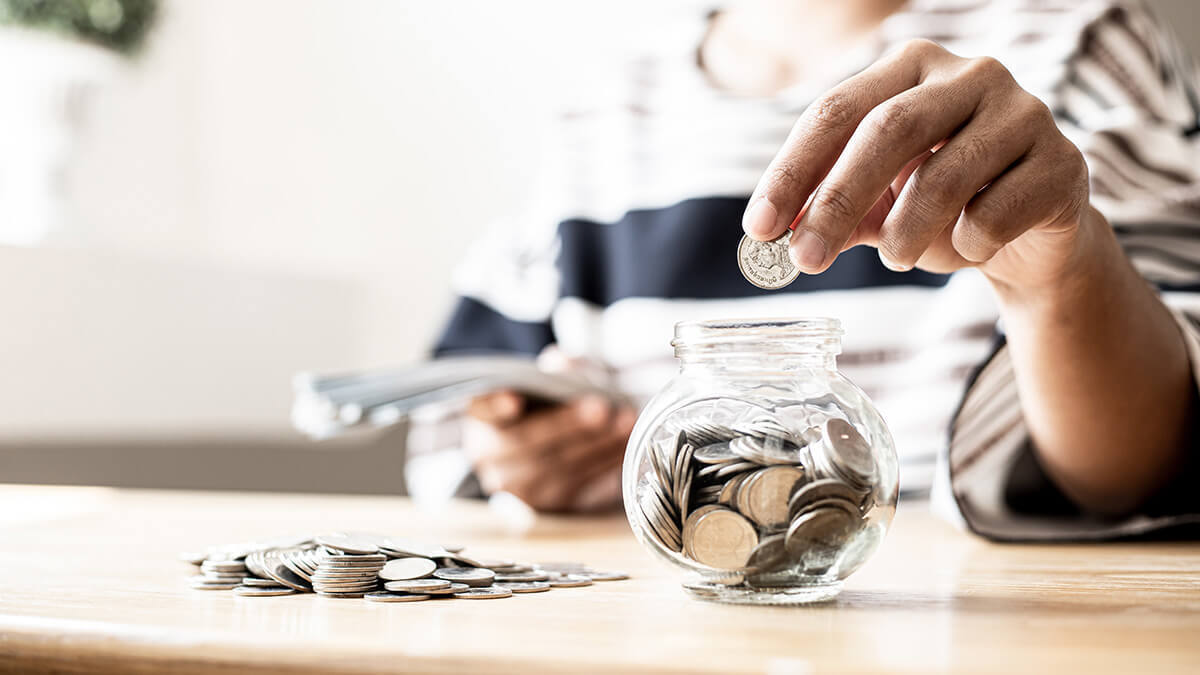Finances
What is the lowest credit score possible? A Complete Guide
From checking your credit report to reducing your credit utilization, we provide a comprehensive step-by-step guide to help you take control of your credit!
Advertisement
The bad score and low purposes
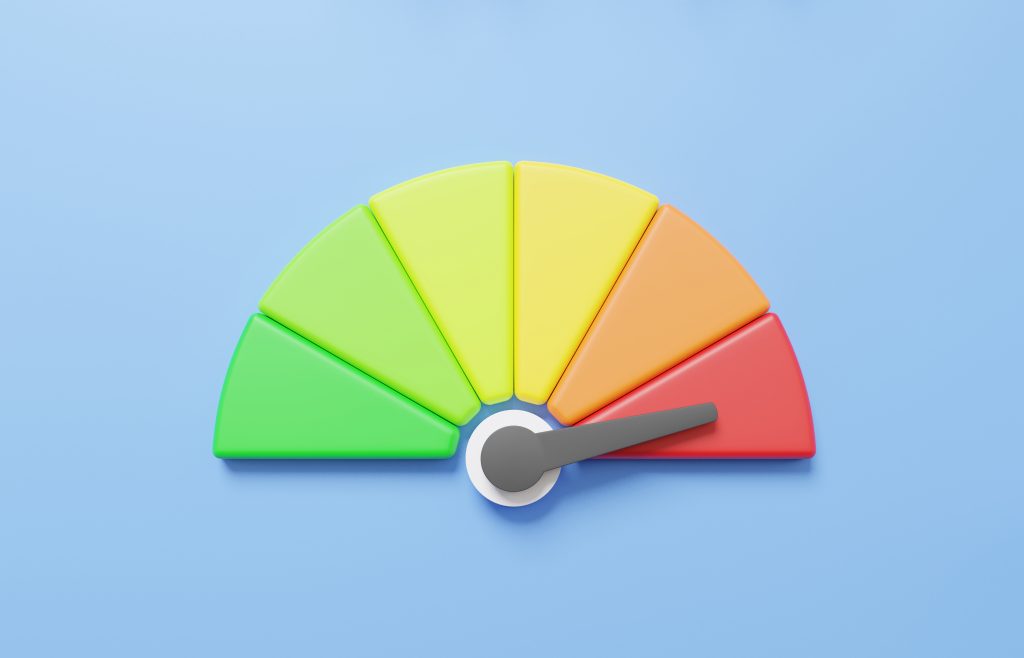
Have you ever wondered what is the lowest credit score possible? If so, today you’ll discover all about it!
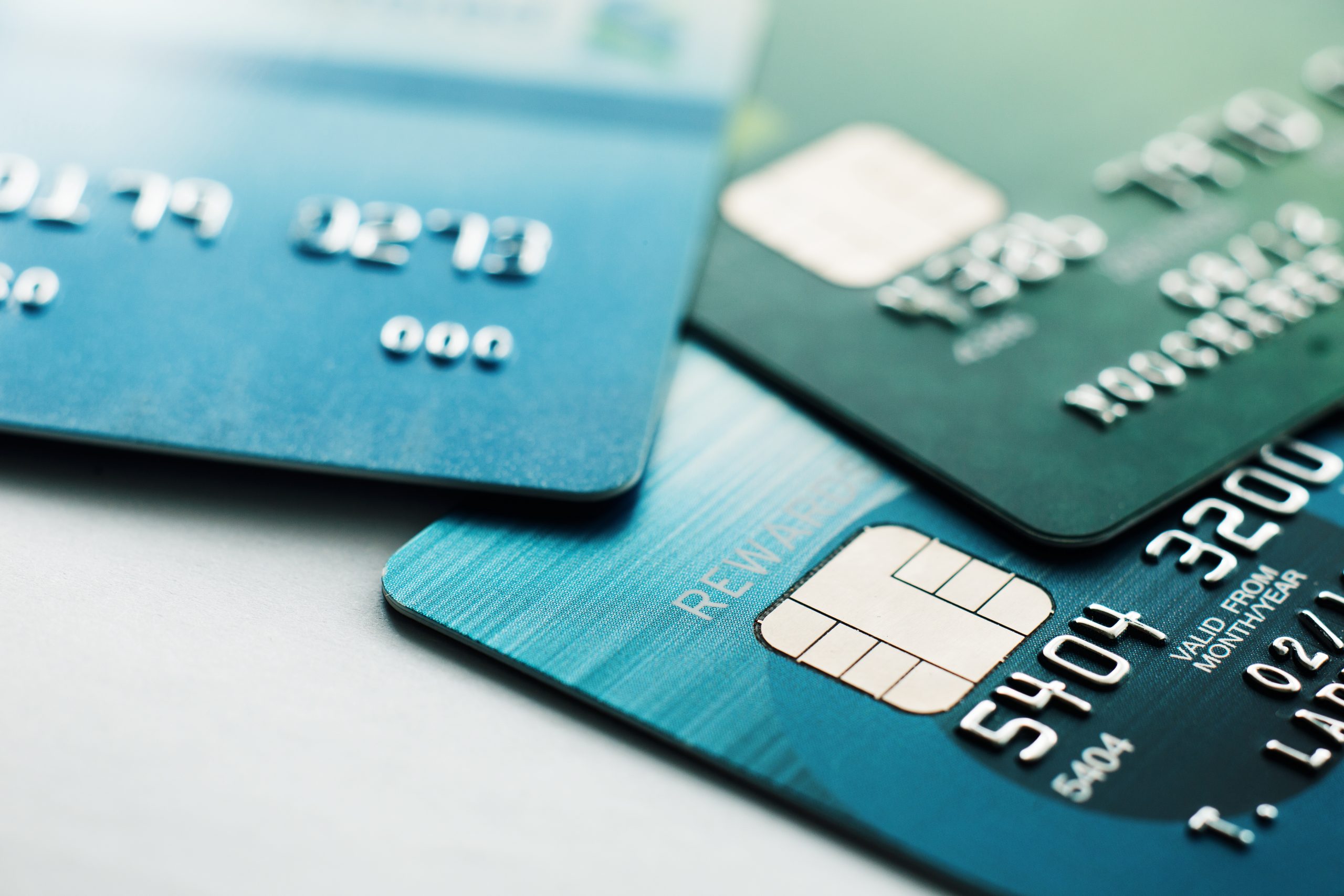
Find your perfect match: Choose the right card
Are you looking for a new credit card? Then you're in the right place! Pick a credit card option based on your financial needs! Read on!
In this complete guide, we will explore the lowest credit score possible, what causes a bad credit score, and how it can affect you.
What is the credit score, and how does it work?
A credit score is a three-digit number that represents your creditworthiness. It is calculated based on your credit history.
It includes information such as your payment history, credit utilization, length of credit history, and the types of credit you have used.
Credit scores typically range from 300 to 850, with higher scores indicating better creditworthiness.
A higher score can help you obtain better loan terms and lower interest rates.
You will be redirected to another website
By submitting this form, I agree that I am 18+ years old and I agree to the Privacy Policy and Terms and Conditions. I also provide my signature giving express consent to receive marketing communications via automated emails, SMS or MMS text messages and other forms of communication regarding financial products such as credit card and loans. Message frequency varies and represents our good faith effort to reach you regarding your inquiry. Message and data rates may apply. Text HELP for help or text STOP to cancel. I understand that my consent to receive communications is not a condition of purchase and I may revoke my consent at any time.
What causes a bad credit score?
A bad credit score can make it difficult to obtain products or loans and even impact your ability to rent an apartment or get a job.
Several factors can contribute to a bad credit, and understanding these factors is key to improving your it. Keep reading.
Late or missed payments
Late or missed payments are among the most significant factors that can impact your score.
Payment history makes up 35% of it, so making your payments on time is crucial.
Late or missed payments can stay on your credit report for up to seven years, so staying current on all of your bills is essential.
High credit utilization

Another factor that can negatively impact your score is high credit utilization.
Credit utilization is the percentage of your available credit that you are using.
For example, if you have a credit card with a $10,000 limit and you owe $5,000 on that card, your credit utilization is 50%.
Experts recommend keeping your credit utilization below 30% to maintain a good credit score.
Defaulting on loans
Defaulting on a loan can have a severe impact on your credit score.
When you default on a loan, you have failed to make your payments on time, and the lender may take legal action to recover the debt.
Defaulting on a loan can stay on your credit report for up to seven years and make it challenging to obtain credit in the future.
Bankruptcy
Filing for bankruptcy is one of the most severe actions you can take regarding your credit score.
Bankruptcy can stay on your credit report for up to ten years, making it difficult to obtain credit, loans, or even a job.
If you are considering bankruptcy, it’s essential to understand the long-term impact it can have on your credit score.
What are the implications of a bad credit score?
Having a bad credit score can have several implications on your financial life.
Below are some of the consequences you may face if you have a bad credit:
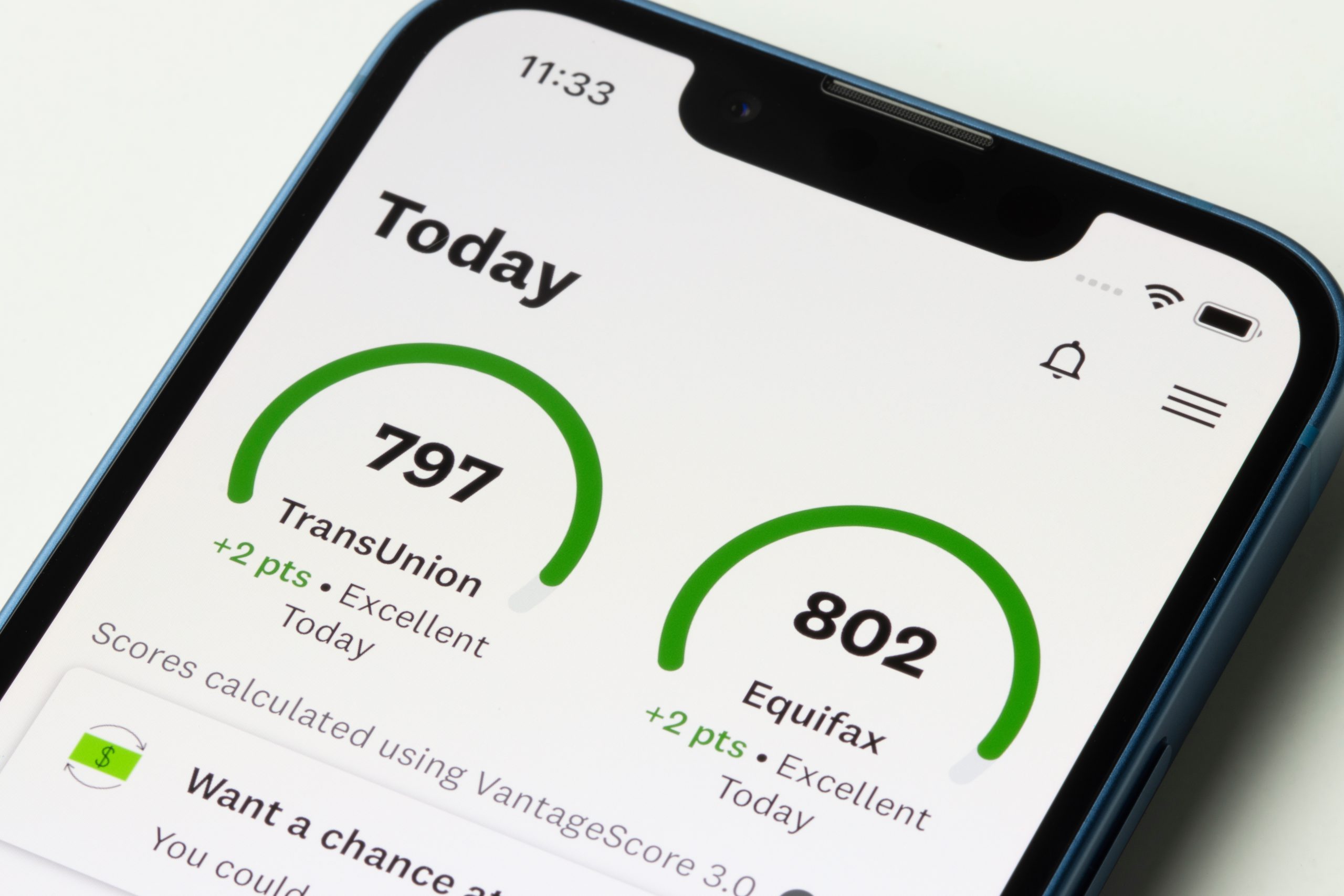
Transunion vs. Equifax
Keep reading and discover how Transunion vs. Equifax work and how they calculate your credit score! Keep reading and learn more!
Difficulty obtaining credit and loans
- Lenders are less likely to approve credit applications from people with bad credit scores;
- Even if you are approved for credit, you may be subject to higher interest rates and fees, which can increase the overall cost of borrowing.
Impact on renting and housing
- Landlords may hesitate to rent to someone with a bad credit score, as it suggests they may not pay their rent on time;
- If approved for housing, you may be required to pay a higher security deposit to compensate for the increased risk.
Difficulty getting a job
- Some employers may conduct credit checks as part of the hiring process, particularly for positions that handle money;
- If you have a bad credit score, it may suggest to potential employers that you are financially irresponsible or unreliable, which can impact your chances of getting hired.
Higher insurance premiums
- Insurance companies may use your credit score when determining your premiums;
- If you have a bad credit score, you may be subject to higher premiums, which suggests you are at a higher risk.
How to improve your credit score?
If you have a bad credit score, you can take steps to improve it. Here is a step-by-step guide to help you improve your credit score:
1. Check Your Credit Report

The first step in improving your credit score is to check your credit report.
You can obtain a free copy of your credit report from each of the three major credit bureaus (Experian, TransUnion, and Equifax) once a year.
Review your credit report carefully and ensure all the information is accurate. If you notice any errors, dispute them with the credit bureau.
2. Pay Your Bills on Time
One of the most important factors that impact your credit score is your payment history.
Late payments can have a significant negative impact on your credit score. Make sure to pay your bills on time every month.
Set up automatic payments or reminders to ensure you don’t miss any payments.
3. Reduce Your Credit Utilization
Another factor that impacts your credit score is your credit utilization ratio.
Your credit utilization ratio is the amount of credit you use compared to your total credit limit.
Keeping your credit utilization ratio below 30% is ideal.
Pay down your credit card balances or request a credit limit increase to reduce your credit utilization ratio.
4. Don’t Close Old Credit Accounts
Length of credit history is another important factor that impacts your credit.
Closing old accounts can reduce the length of your credit history and lower your credit score.
Instead of closing old credit accounts, keep them open and use them occasionally.
5. Don’t Apply for Too Much Credit
The lender will pull your credit report and score when you apply for credit. Too many inquiries can lower your score.
Only apply for credit when needed and avoid applying for too many credit cards or loans within a short period.
Up next, discover the difference between TransUnion and Equifax! Keep reading and learn more!

750 credit score: is it good?
A 750 credit score can help you get some excellent financial deals! Understand how below! We'll explain everything you need to know!
About the author / Sabrina Paes
Trending Topics

Upstart Personal Loans Review: Low Rates, High Approval
Discover key insights and find your perfect financial fit in our Upstart Personal Loans review. Affordable rates for all credit scores!
Keep Reading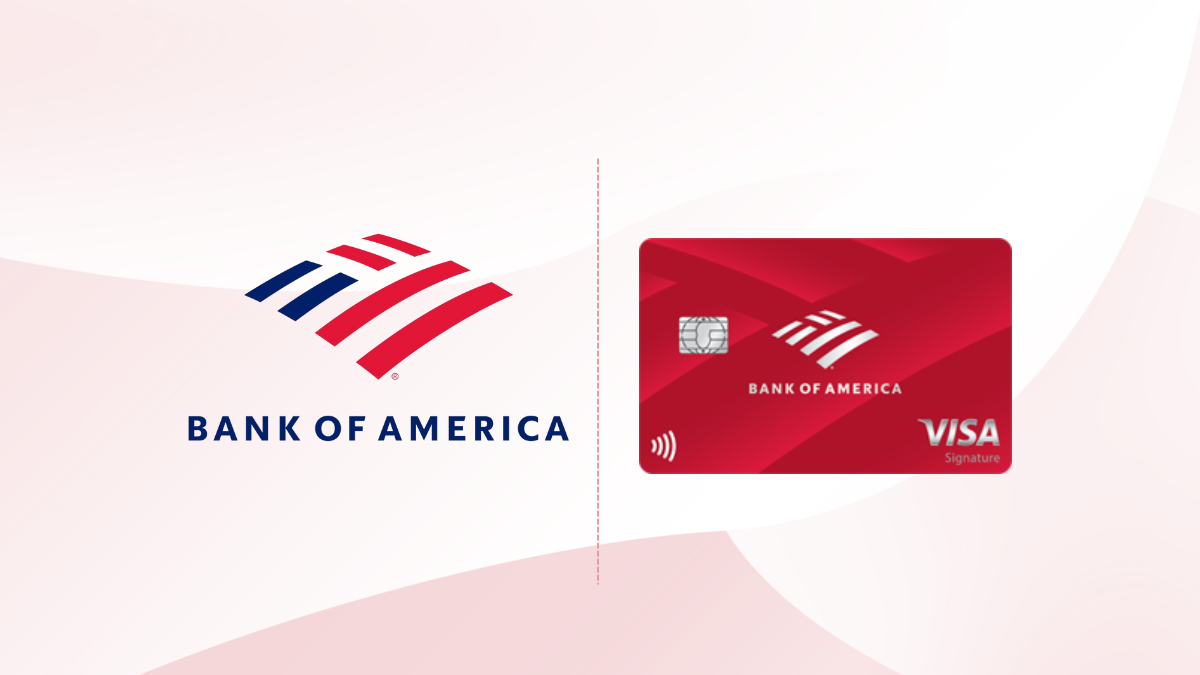
$0 annual fee: Bank of America® Customized Cash Rewards Credit Card review
Looking for cash-back, benefits, and more? Get into this review of the Bank of America® Customized Cash Rewards Credit Card and discover!
Keep Reading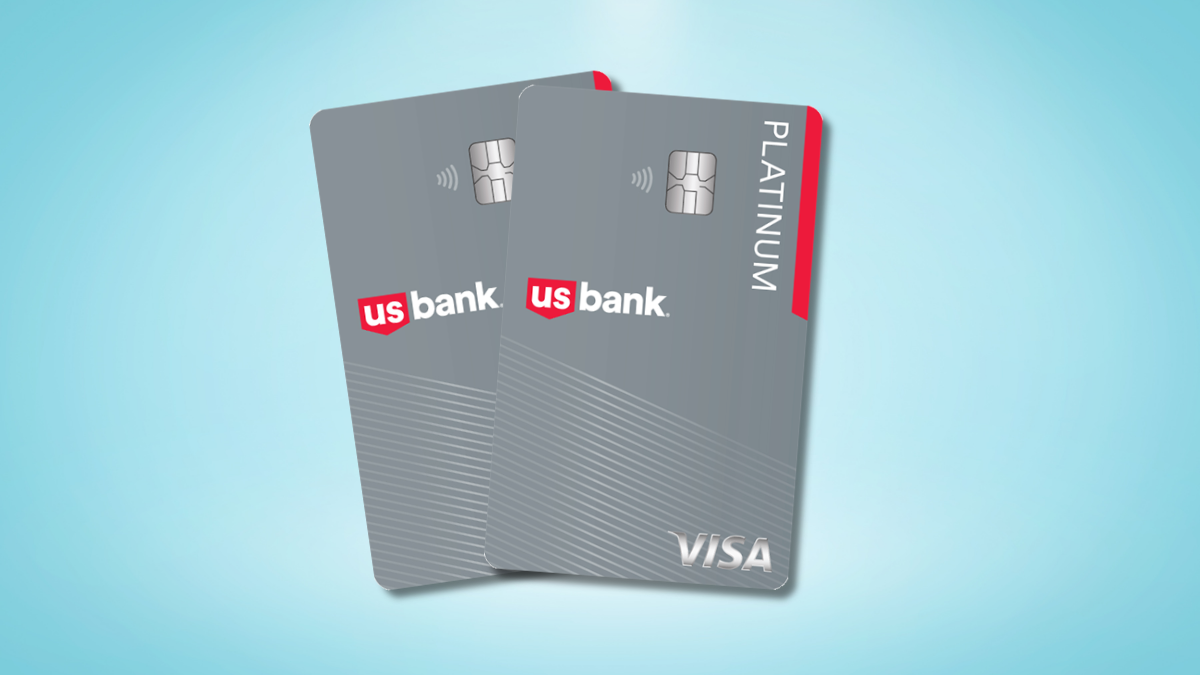
US Bank Visa® Platinum Card Review: Zero Annual Fees!
Explore our in-depth US Bank Visa® Platinum Card review to learn about its extensive 0% APR into, no annual fee, and exclusive benefits.
Keep ReadingYou may also like

Piggyback loan: how it works, pros and cons
A piggyback loan can help you buy a home without paying for private mortgage insurance. Find out what benefits it offers and the drawbacks.
Keep Reading
OneMain Financial Personal Loans Review: Borrow up to 20k!
Explore our OneMain Financial Personal Loans review – a lifeline for those with low credit, offering unique flexibility in payments.
Keep Reading